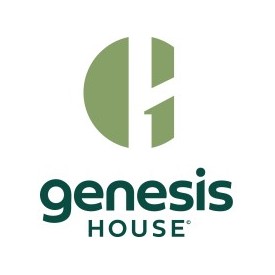Somewhere between one-third and one-half of all persons diagnosed with a substance abuse problem will also have a mental health disorder. Depression, bi-polar disorder, ADHD and PTSD are common in this group of people. When substance abuse and a mental disorder are present in one person simultaneously, it’s called dual diagnosis or co-occurring disorder. Yes, many treatment centers will accept your adult child with depression. You just need to be sure that the rehab facility you select both screens for and treats a dual diagnosis. For the best possible outcome and continuing sobriety, both the substance abuse problem and the depression must be treated together. Indeed, the depression likely contributed to the substance abuse in the first place. This is because many people will attempt to self-medicate in order to relieve the symptoms of their mental disorder.
Dual Diagnosis Treatment
Rehab facilities that offer dual diagnosis treatment usually have a psychiatrist and other mental health professionals on staff. Medications are prescribed to relieve the mental health disorder symptoms. Once the mental disorder is under control, the client can concentrate on recovery. Persons with an undiagnosed co-occurring disorder struggle terribly in rehab. They often fail. When the underlying problem is treated appropriately, the person’s chances for success increase considerably. An untreated mental condition is an awful handicap for anyone, but for someone with a drug abuse problem, it’s much worse. These people will often use harmful drugs in an attempt to just be able to function. The drugs cause addiction and do nothing to treat the mental disorder. The person may take even more drugs, compounding the problem. It’s a vicious circle.
If your adult child struggles with substance abuse and depression, a quality rehab that has a dual-diagnosis program is the best place for him or her to be. Here they will get the treatment that may change their lives. Mental disorders like depression generally require life-long supportive care and treatment. As long as your child receives this treatment, his or her chances for long-term sobriety will be similar to anyone else’s.
There is plenty of help for your child in the substance abuse treatment community. There are many options. Some facilities offer both dual diagnosis and alternative drug rehab treatment. This may include art, music and animal therapy. Some rehabs offer nutritional therapy, biofeedback, yoga and meditation. If you think your child would benefit from alternative therapies such as these, ask about them. Alternative therapy is almost always offered in addition to traditional therapy. Your child will get the best of both worlds. For someone with a co-occurring disorder, this may be exceptionally beneficial.
Do you Need Help?
If you’re confused about the vast array of treatment options, you’re not alone. Perhaps you would like to discuss dual diagnosis further with a drug rehab professional. If you would like more information, just call us at 855-936-4435. We are here 24 hours a day, and we would be happy to answer your questions. We will also be able to guide you to the best rehab options for your child. We look forward to your call.










